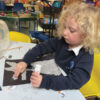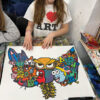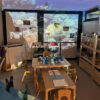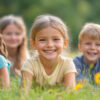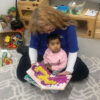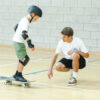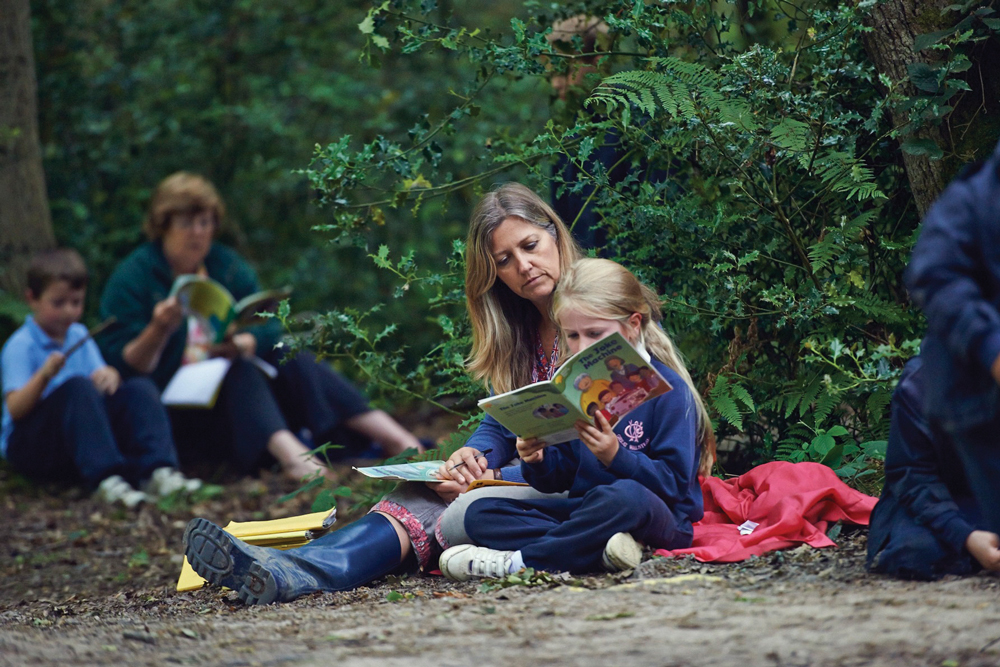
Chris Calvey, Headmaster of Great Walstead School, West Sussex, talks about the balancing act of meeting academic rigor whilst maintaining pupils’ excitement and enthusiasm.
School League tables are now very much a part of our lives and pre-testing for schools is creeping in at an increasingly younger age. Now, take into account the not insignificant amount of money that private schools charge. You can see the rising pressure on both teachers and the Head to ensure that pupils achieve the highest results. The safest way to do this sees the classroom take on a more teacher led approach where pupils are told the information they need to learn, guided in how to answer questions by rehearsing past papers, and even have timetabled lessons on verbal and nonverbal reasoning tests. Such an approach generally ensures that pupils pass their tests but at the cost of genuine enjoyment, pleasure and natural wonderment of school.
I believe there is an alternative way in which children can maintain their love of learning. By understanding there is more to the process of education than just working to pass a test, they are able to develop a set of skills that enables them to tackle challenges without a fear of failure. Inspired by the book ‘Educating Ruby – what our children really need to learn’ written by Guy Claxton and Bill Lucas, all the staff at our school explored a variety of definitions for the seven aspects that the book identified as developing confidence and character. We refer to these as our 7Cs – Confidence, Curiosity, Collaboration, Communication, Creativity, Commitment and Craftsmanship.
Each ‘C’ has an age appropriate definition for the sections of our school and children are rewarded when they demonstrate these attributes. They see Confidence as the ability to tackle difficult tasks and challenges whilst not being afraid to make mistakes. Curiosity is about developing wonder and awe, while Collaboration helps pupils see the benefits of working in a successful team. Communication encourages children to share their ideas and thinking whilst understanding the importance of listening to each other. Creativity is not just for the arts, but is to be developed with problem solving challenges and alternative thinking. Commitment recognises those times when pupils show determination and resilience even if they find tasks challenging. Finally, Craftsmanship celebrates the sheer joy and pride of completing something which has taken time, care and love to produce. By rewarding these skills, every child is able to achieve and none are limited by their cognitive ability. It leads to an “I can” culture rather than a fixed mindset where pupils feel limited by the scores they achieve.
Since focusing on the 7Cs, we have seen children become far more engaged in their own learning process, take responsibility for what they can achieve and, as a result, make impressive levels of academic progress where they not only know things, but genuinely understand them – there is a distinct difference.
Children only get one chance at their schooling, and I believe it is so important that we look to develop the whole person – not just focus on exam results and entry testing. Working in several prep schools, I have seen and promoted many ‘learning profiles’ from school ethos based principles to International Baccalaureate inspired systems. All offer something more than just a ‘teacher led’ approach to learning, but in the 7Cs I have found a set of values and attributes that really inspires the girls and boys in our school, and prepares them for the challenges that lie ahead.
The second closure of schools has arguably made these values yet more important as children have spent hours in front of a computer screen, being taught in a very isolating and unfamiliar environment. Those opportunities for communication and collaboration between each other are significantly diminished, and that lack of human contact makes the whole process of learning yet harder. Incorporating our 7Cs into the pupils’ learning will be a real focus when they are allowed to return, and we will actively promote the development of these skills, continuing to build a real sense of “I can do” within each and every child.
At Great Walstead, children learn happily inside the classroom because they play happily outside the classroom. A game in the woods and a maths lesson are, at this age, equal learning opportunities – we call it Mud p!
www.greatwalstead.co.uk

